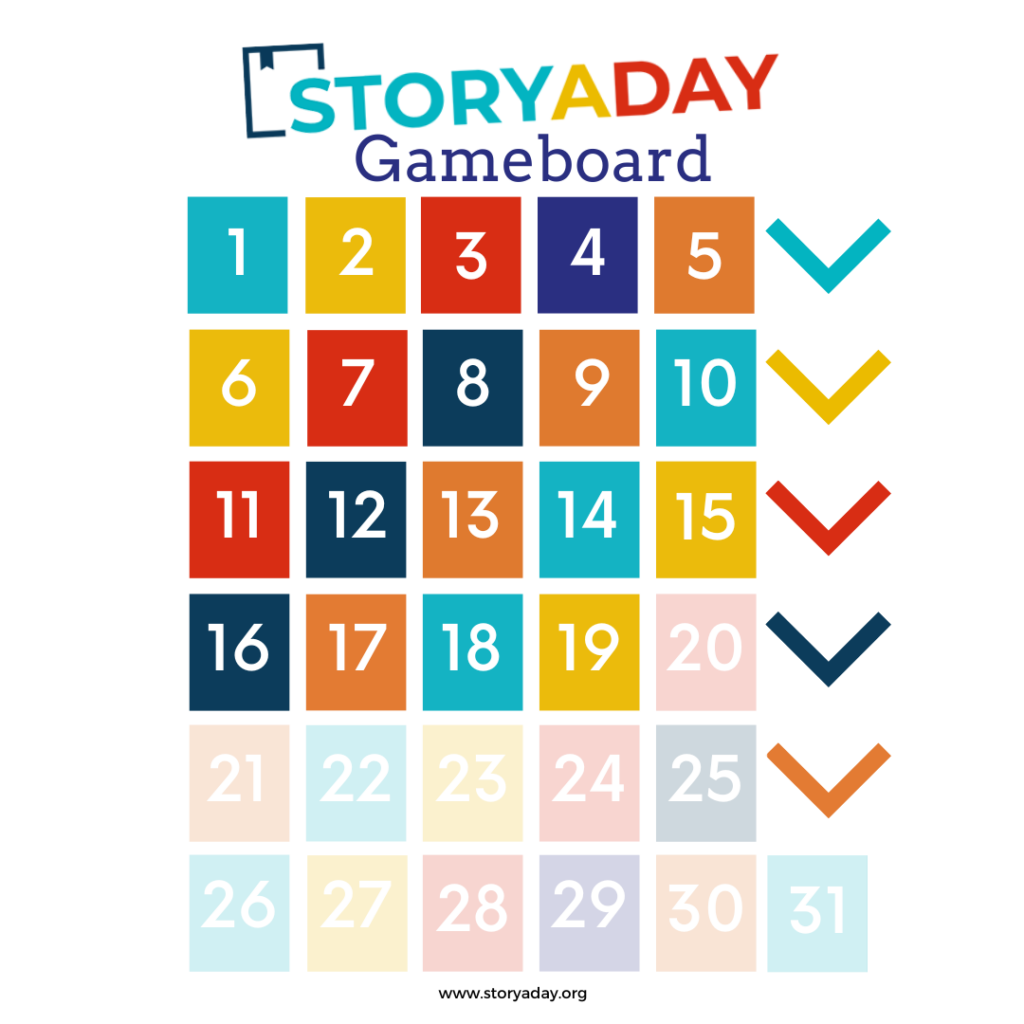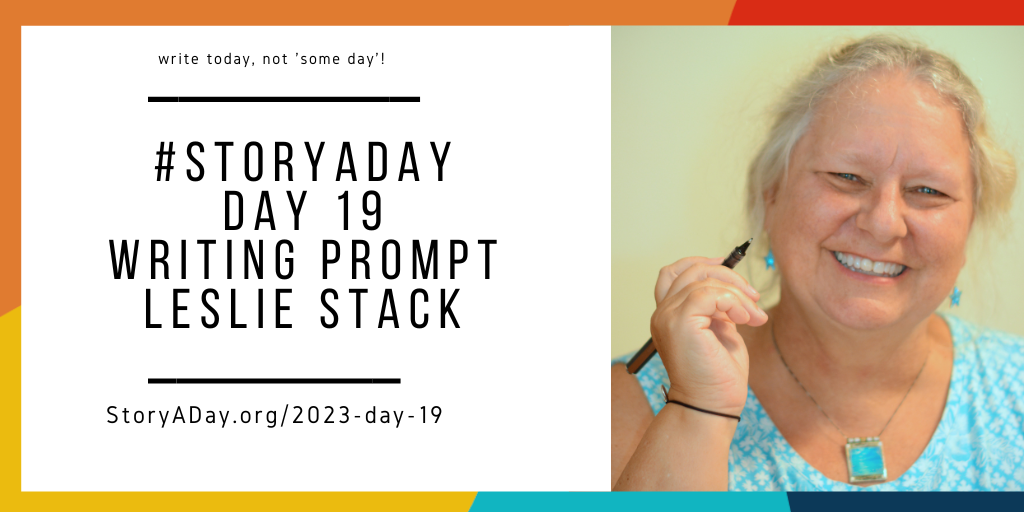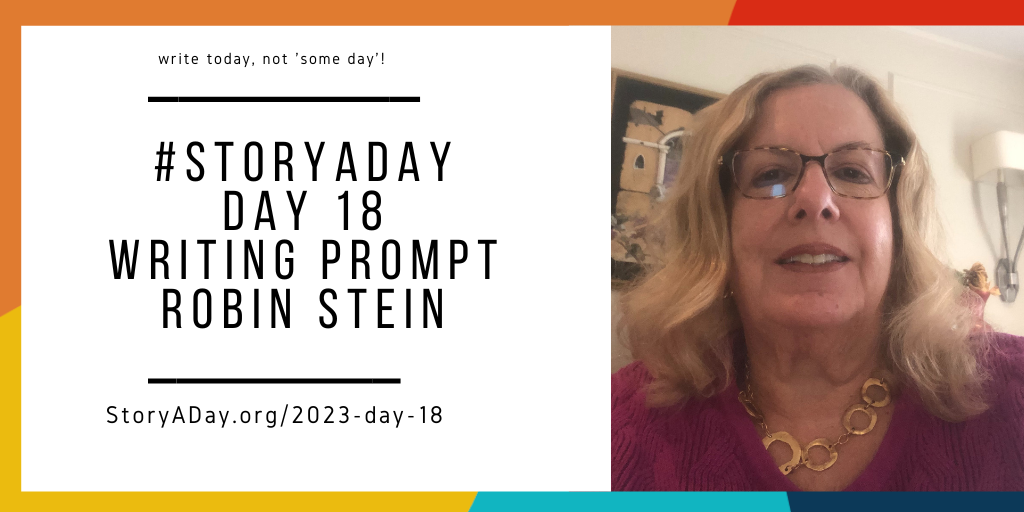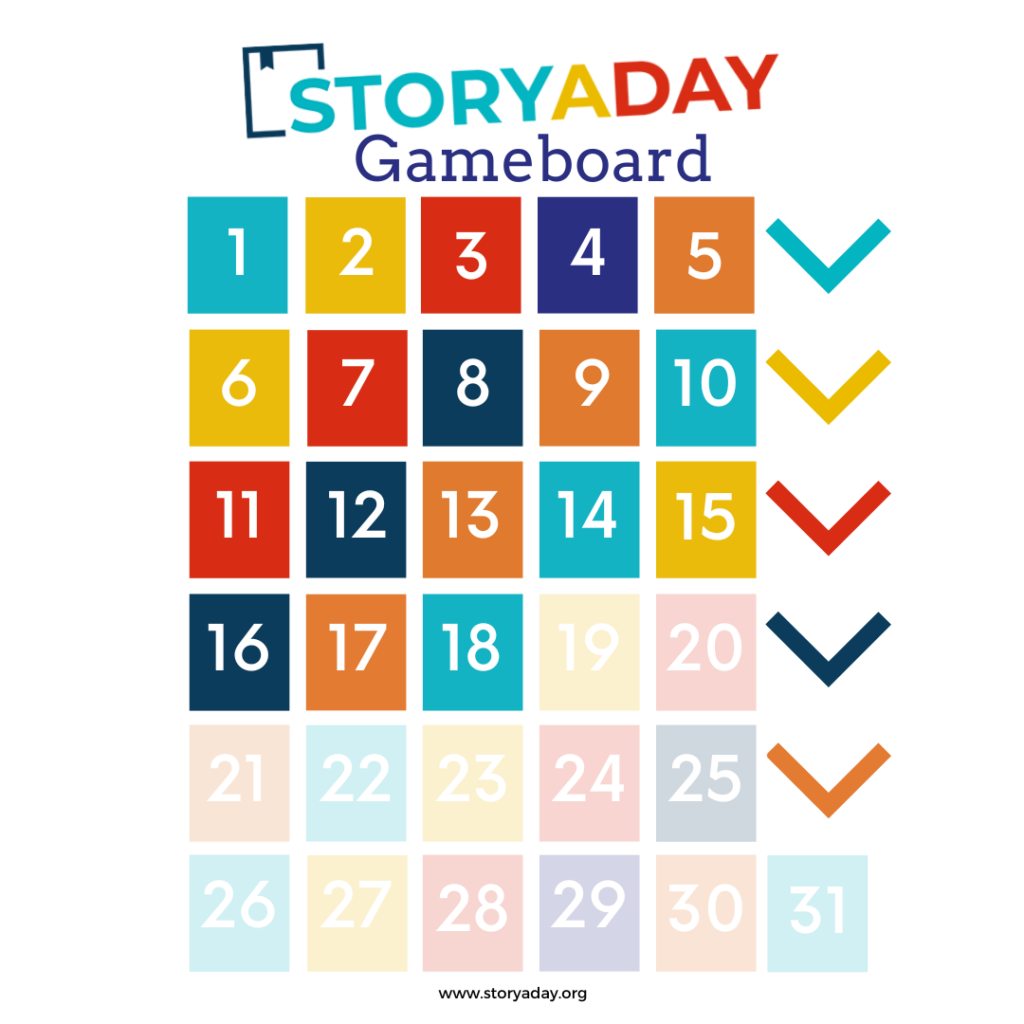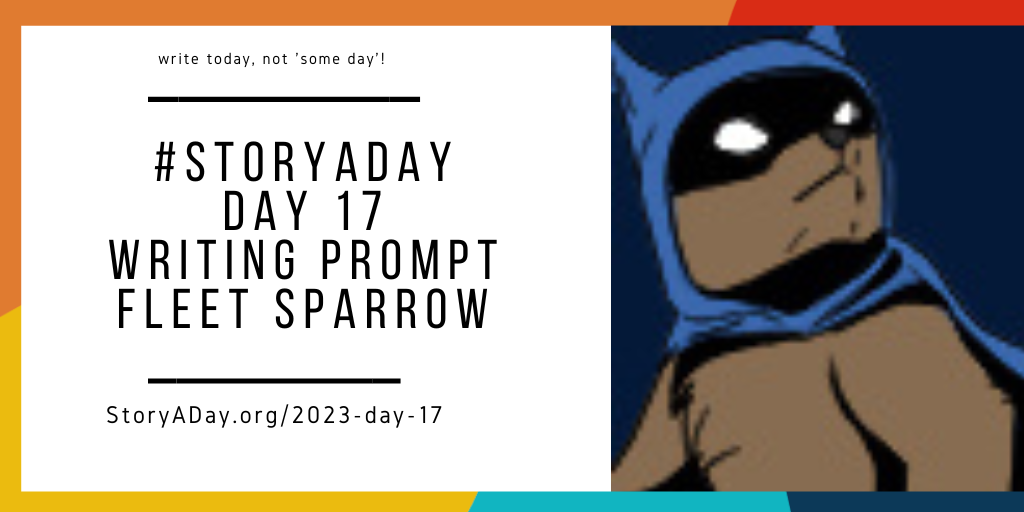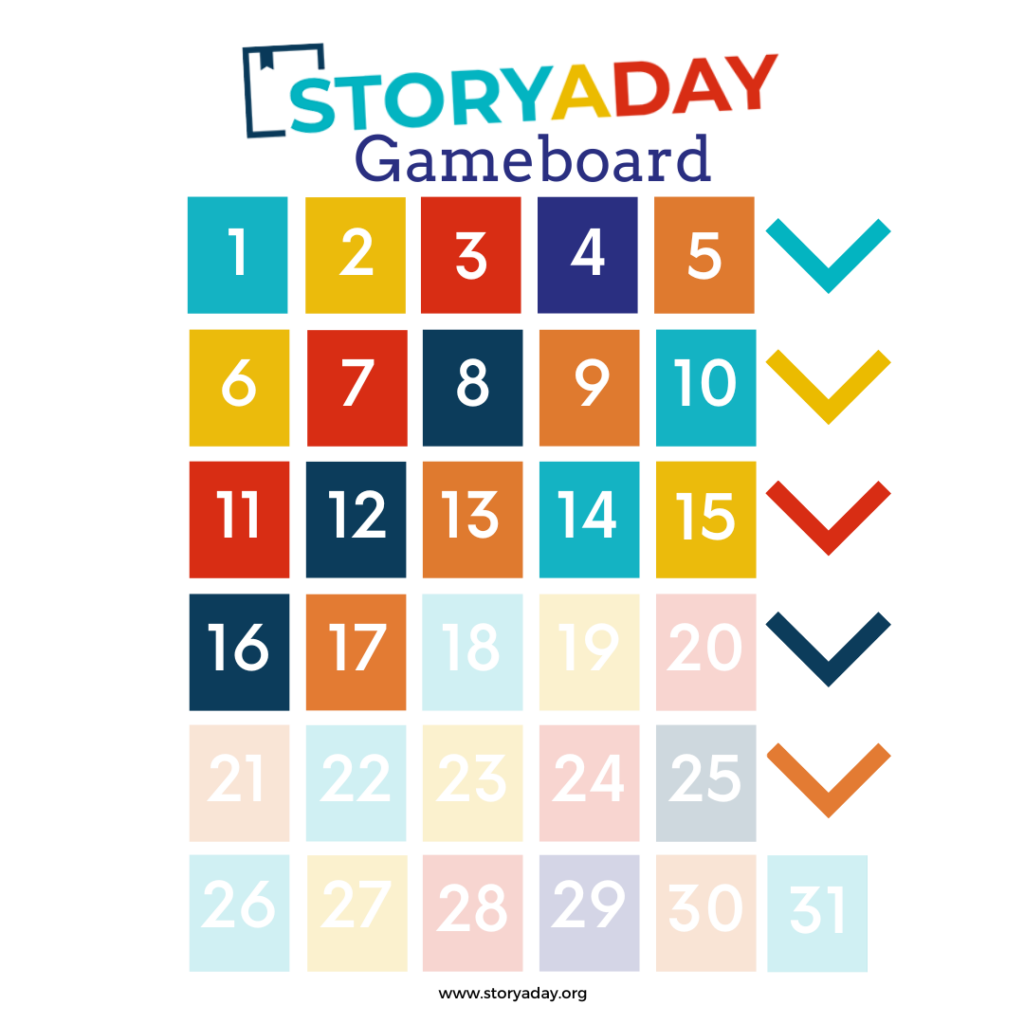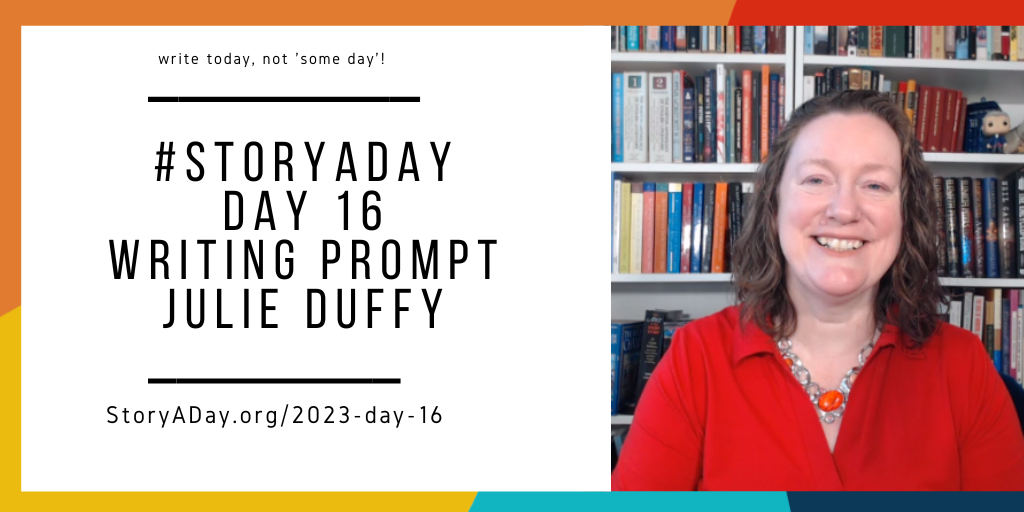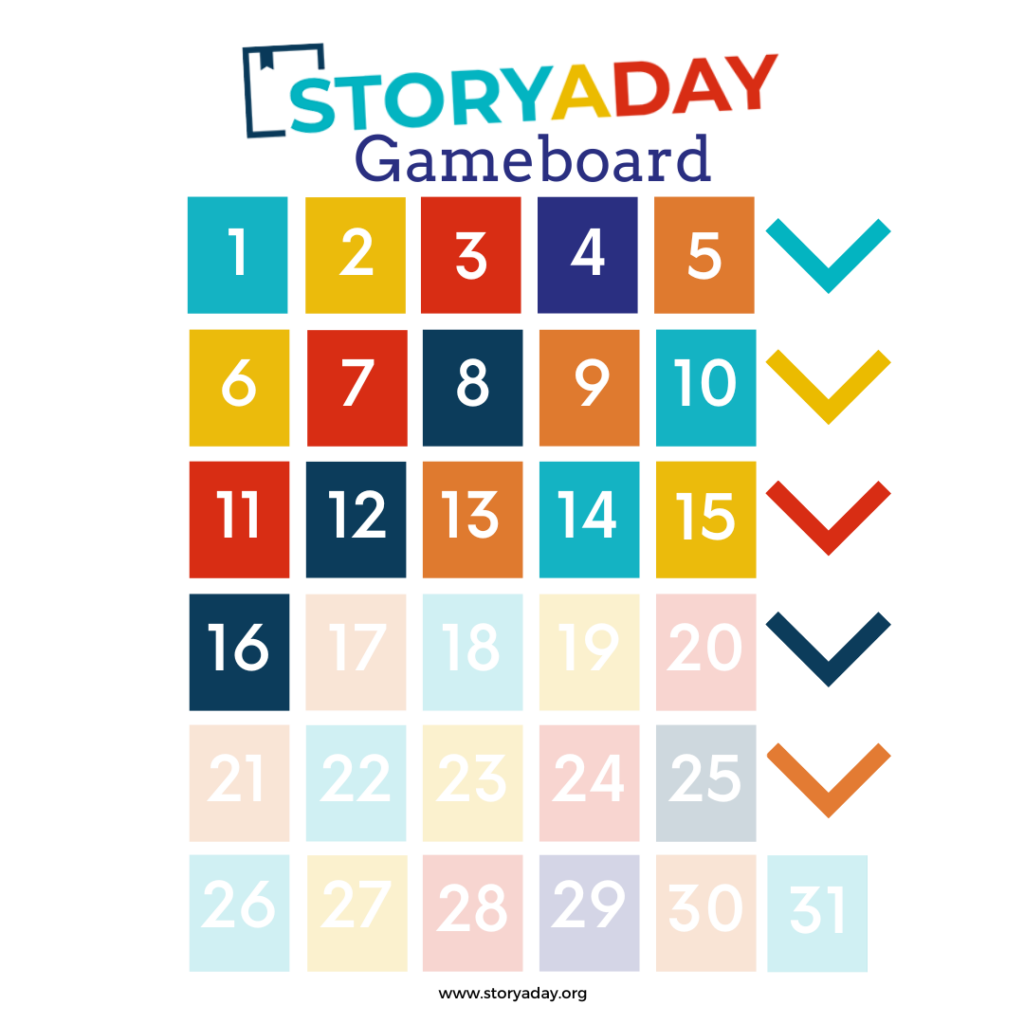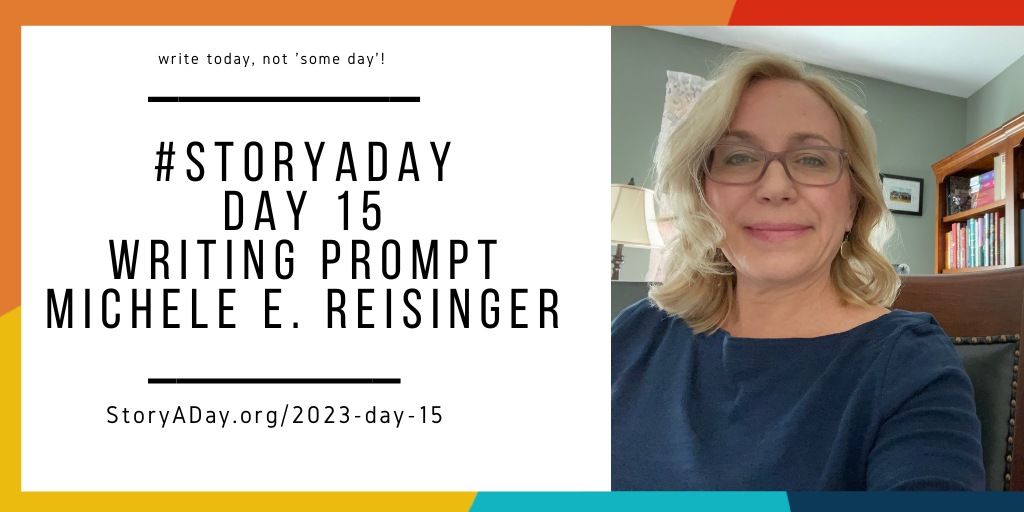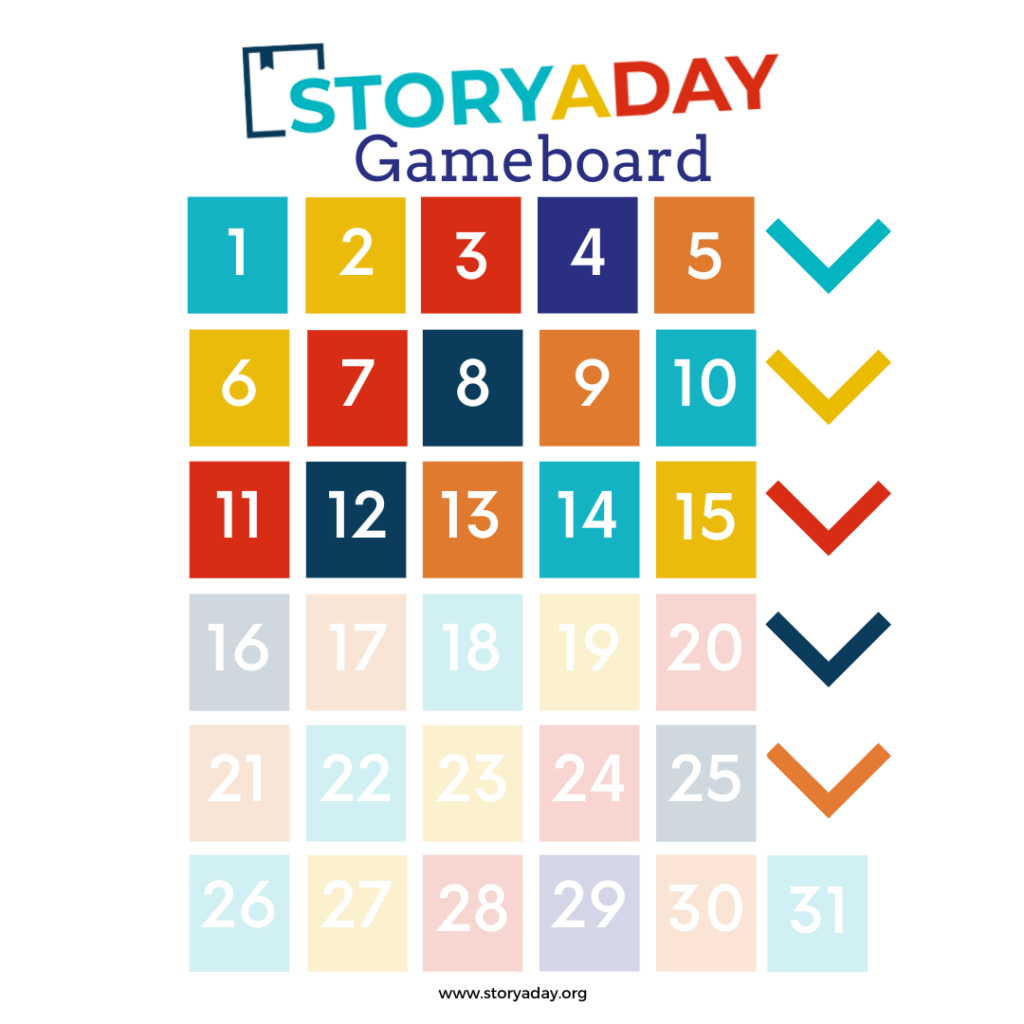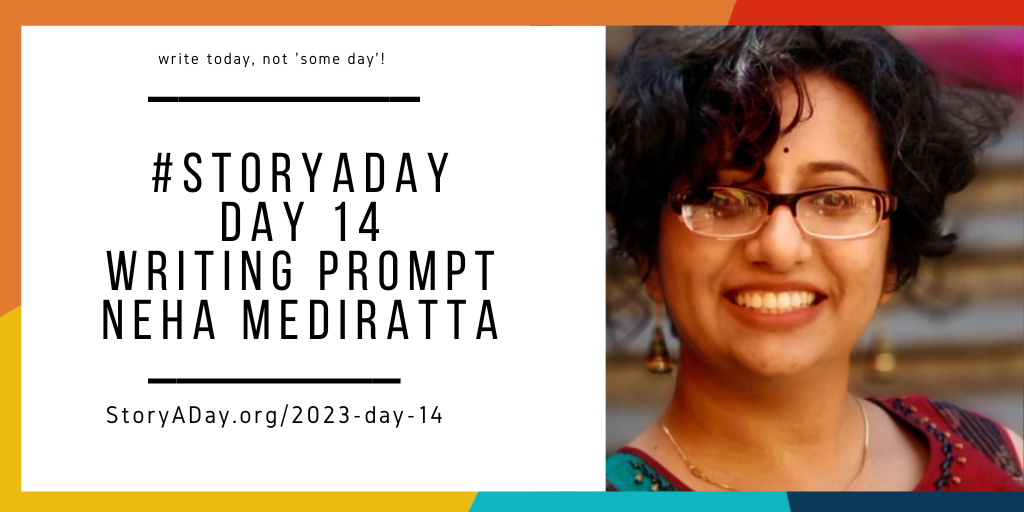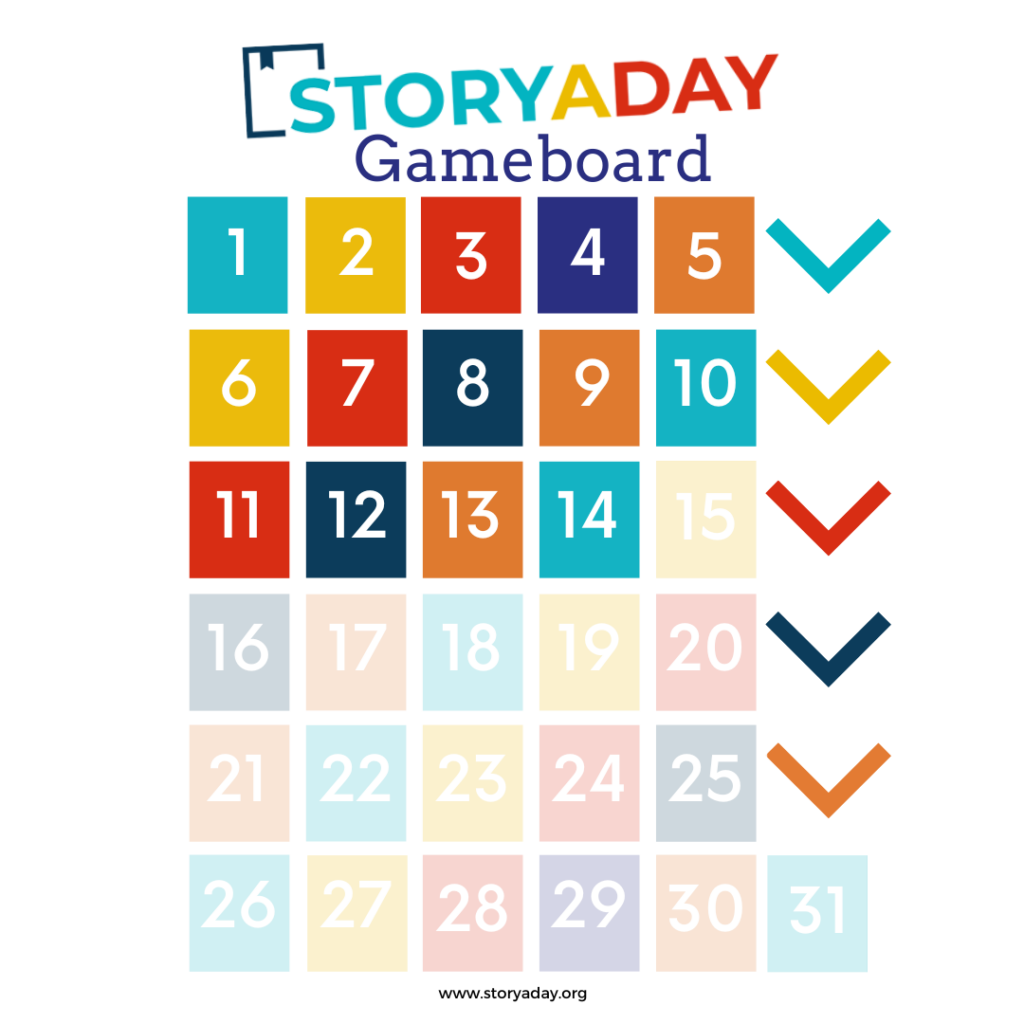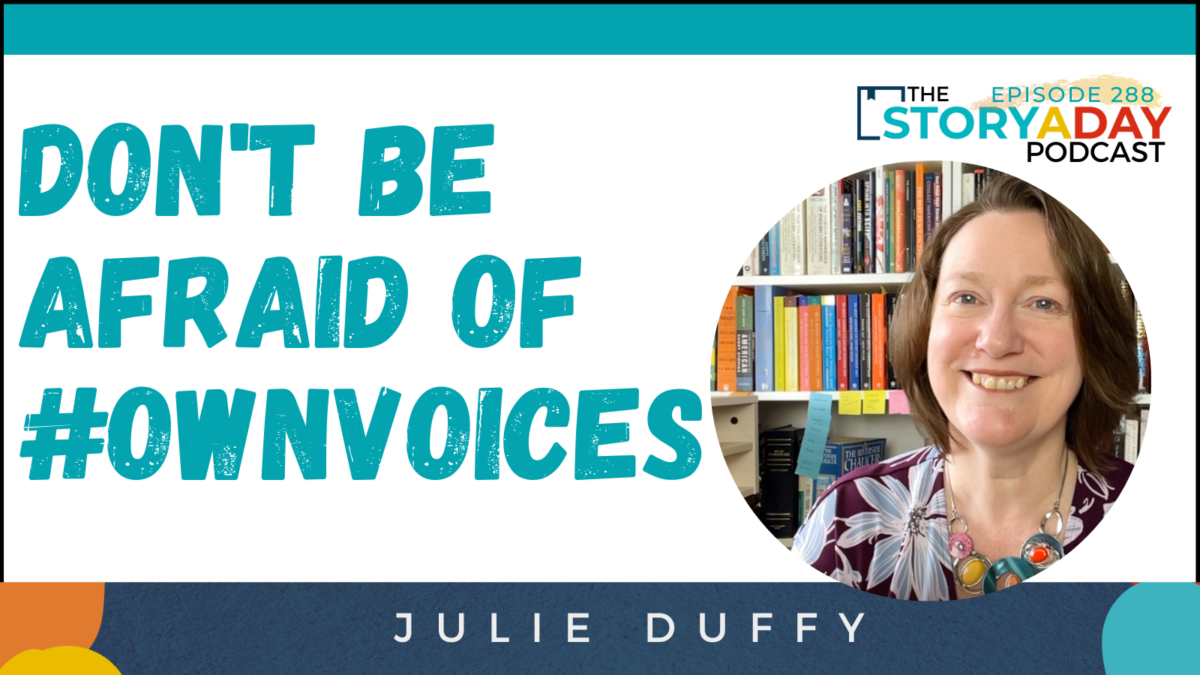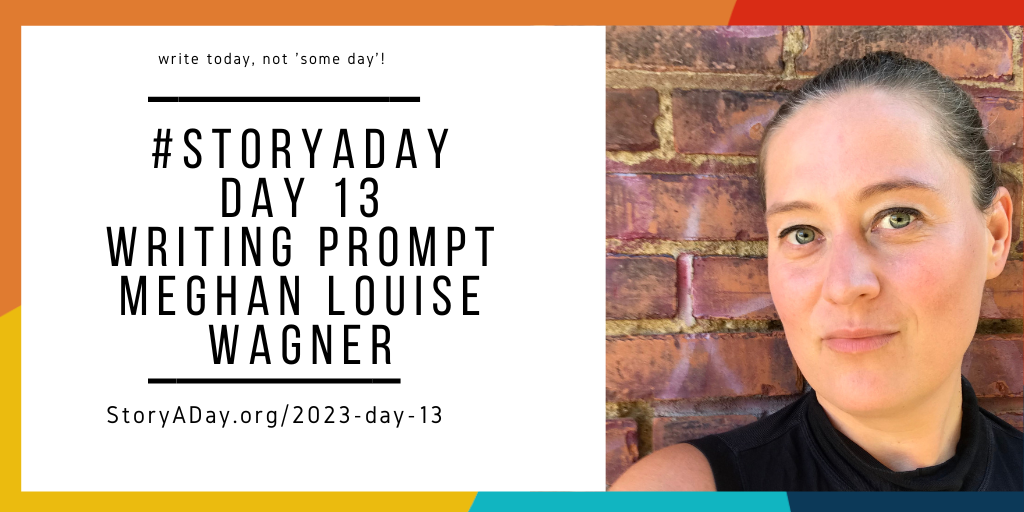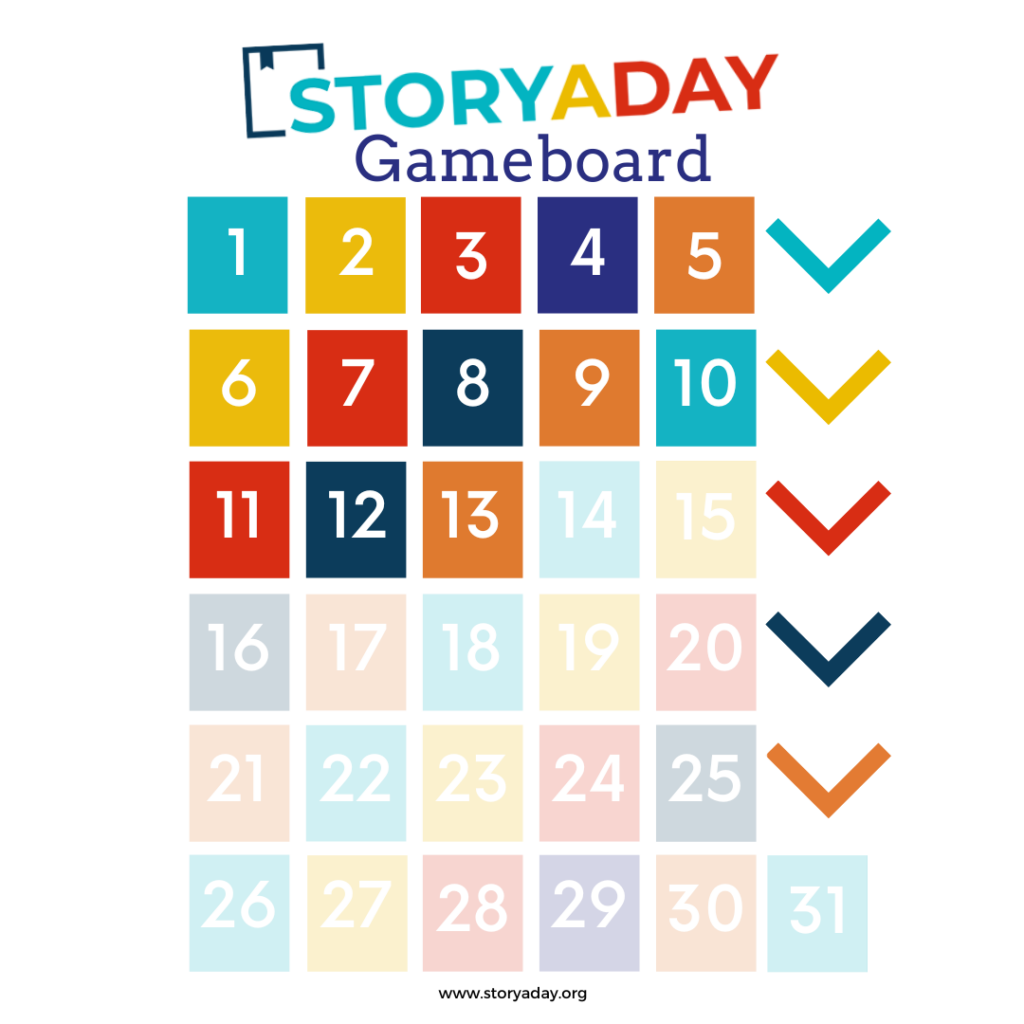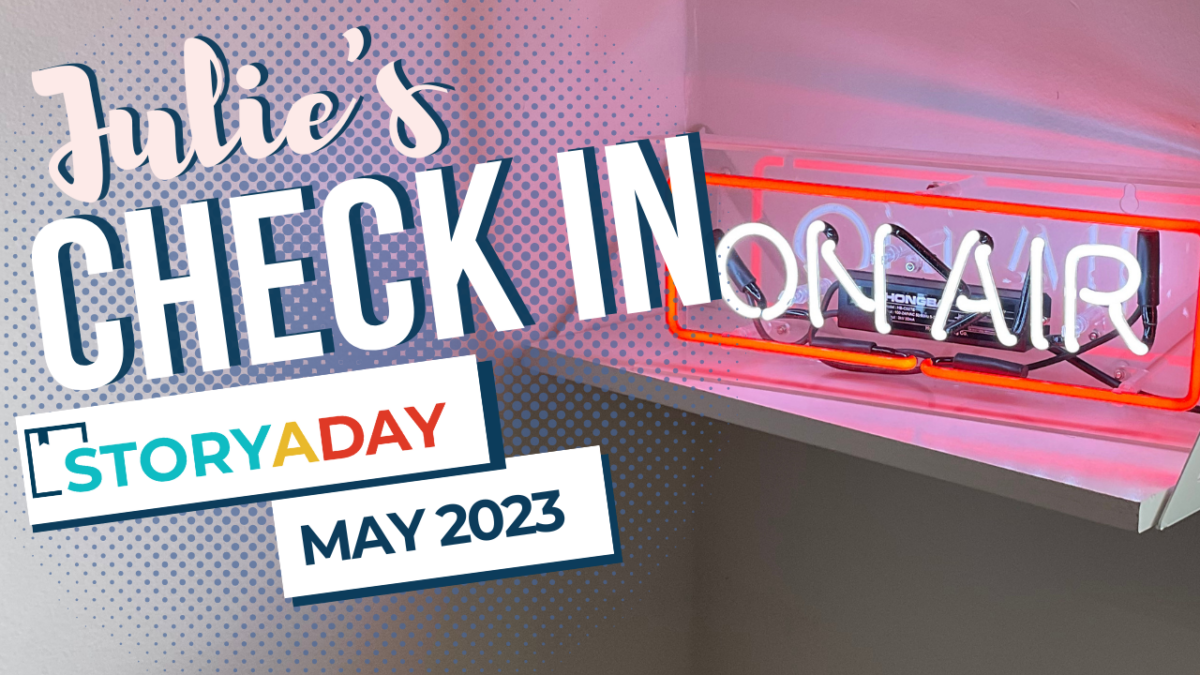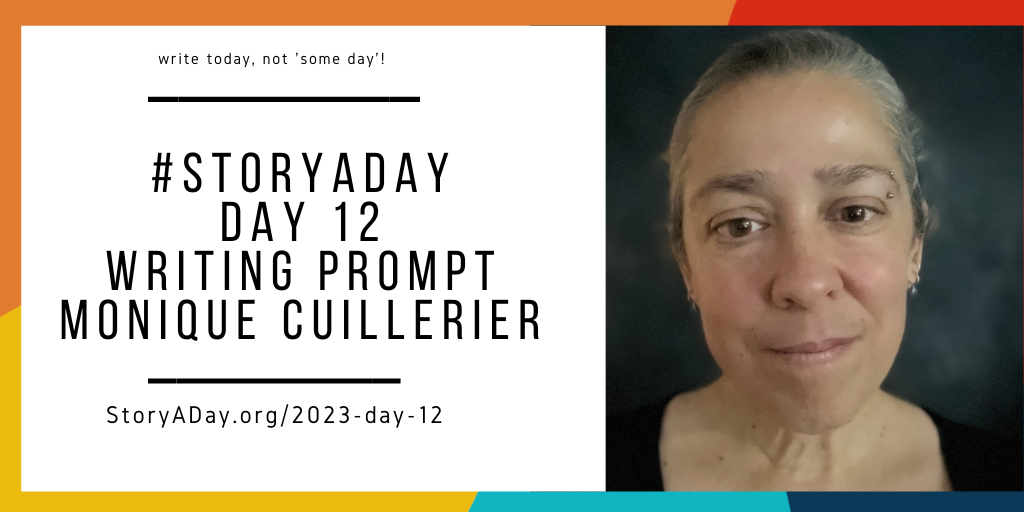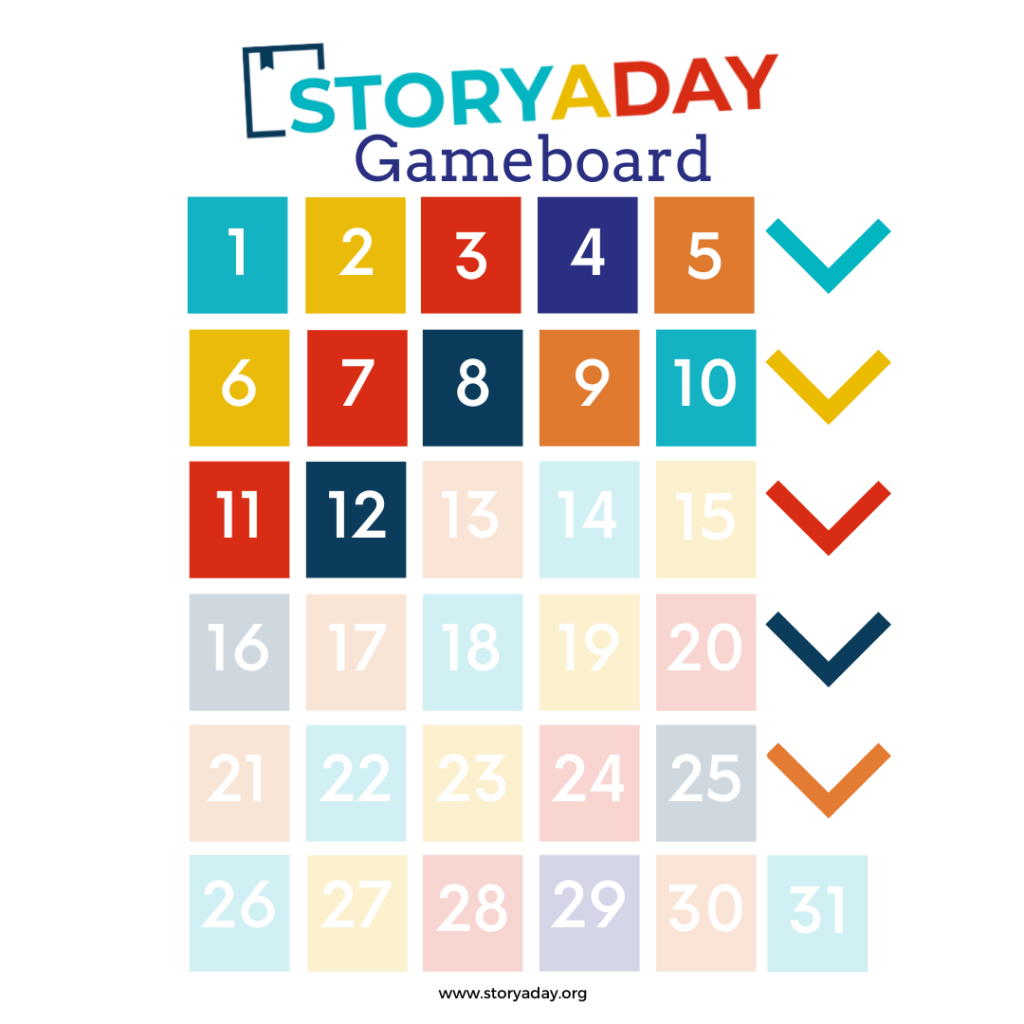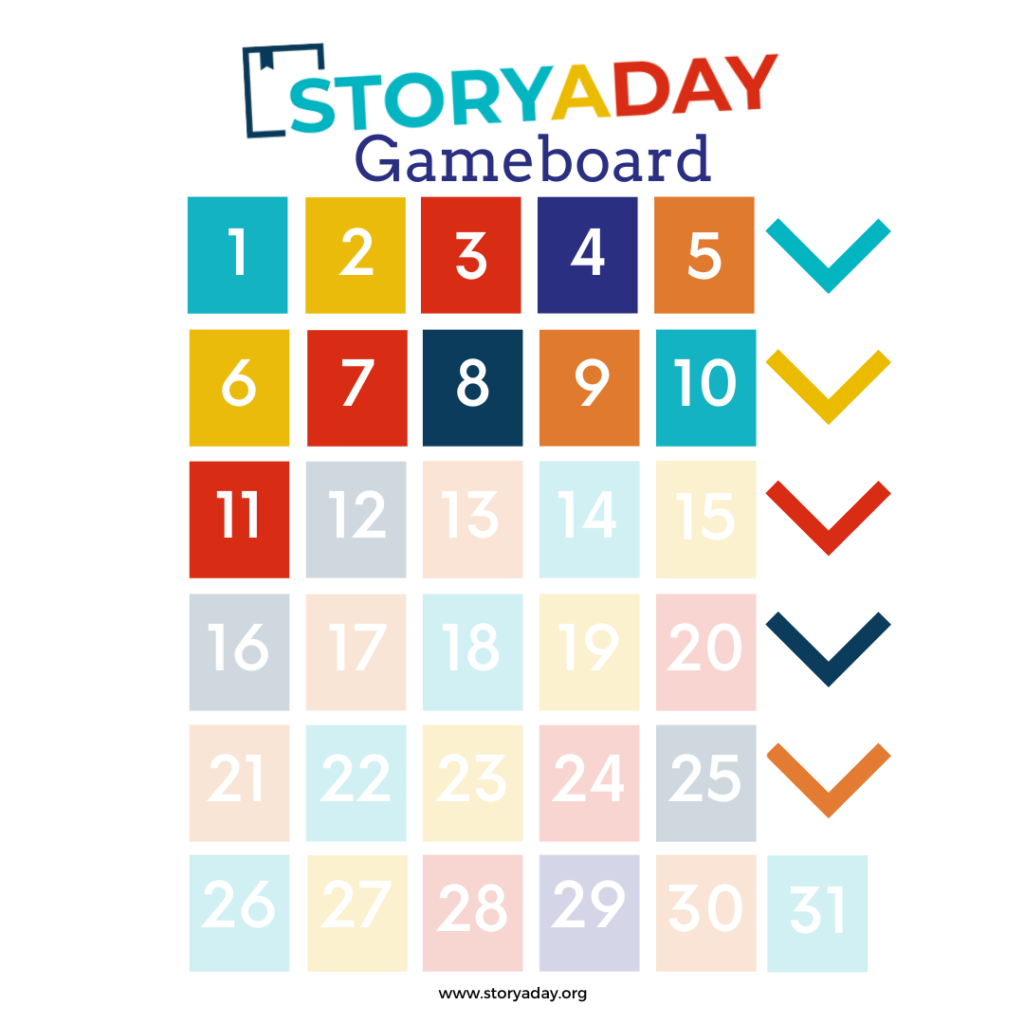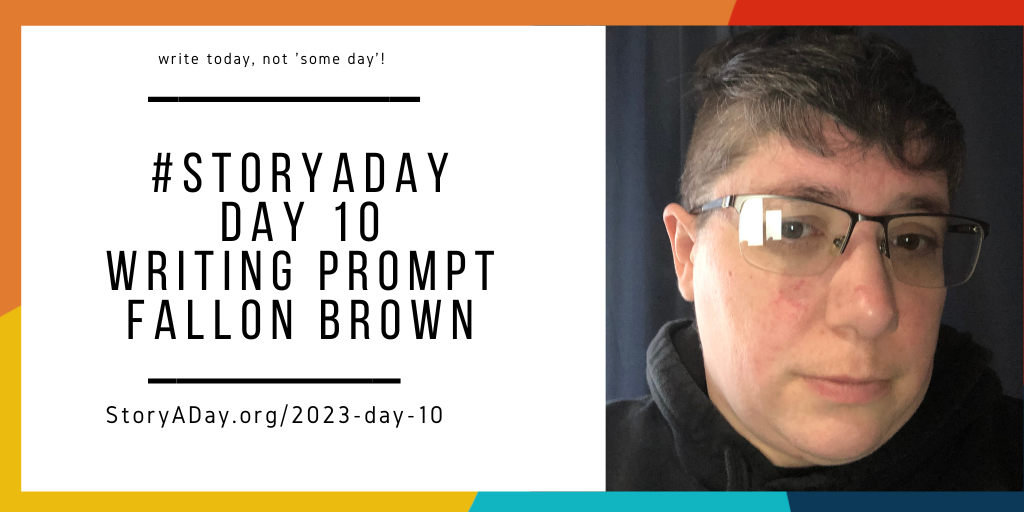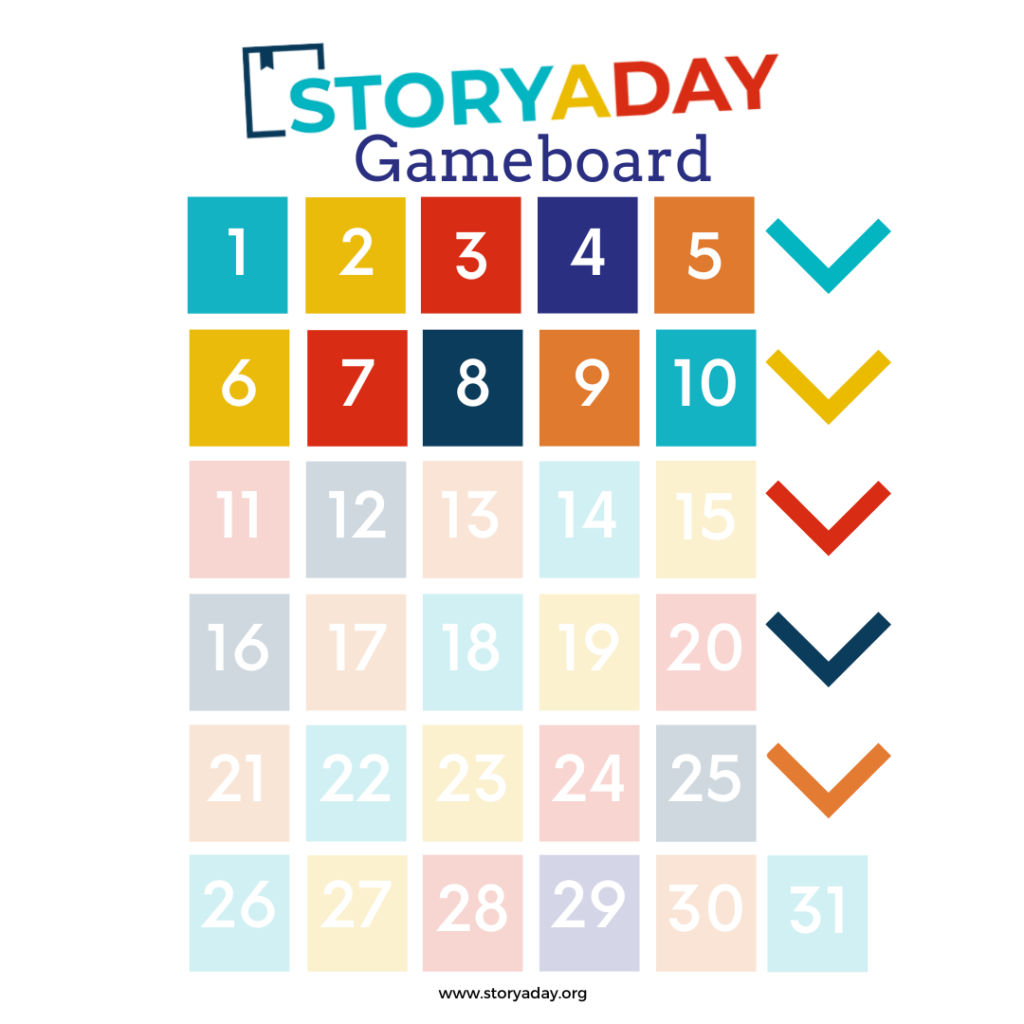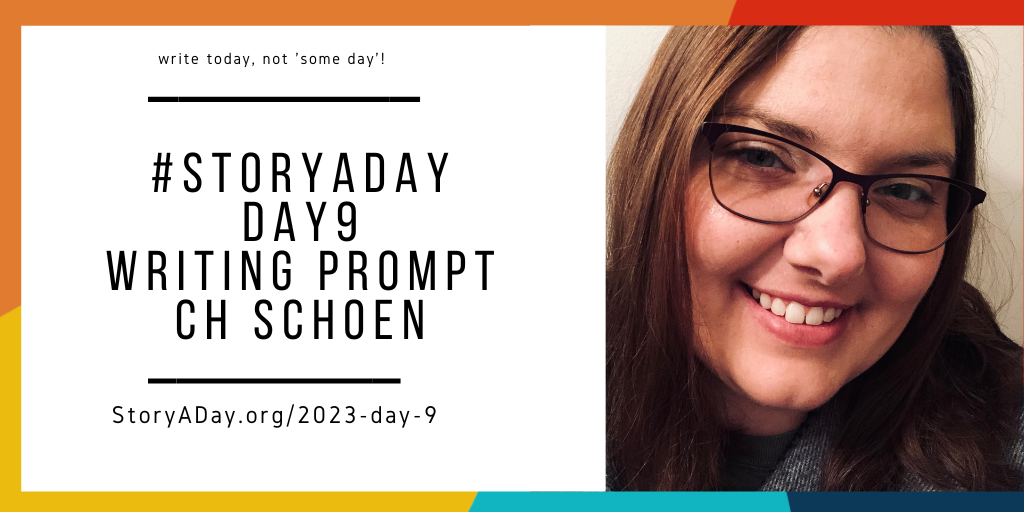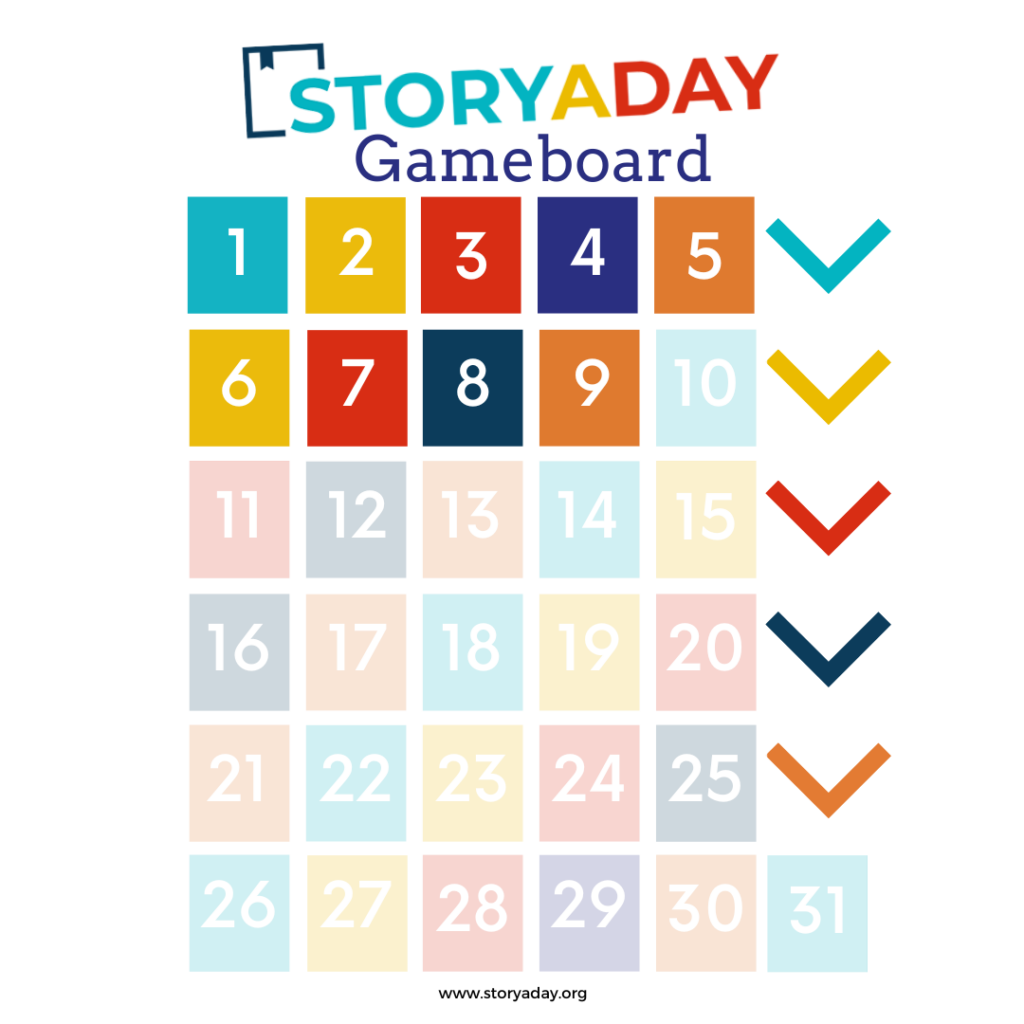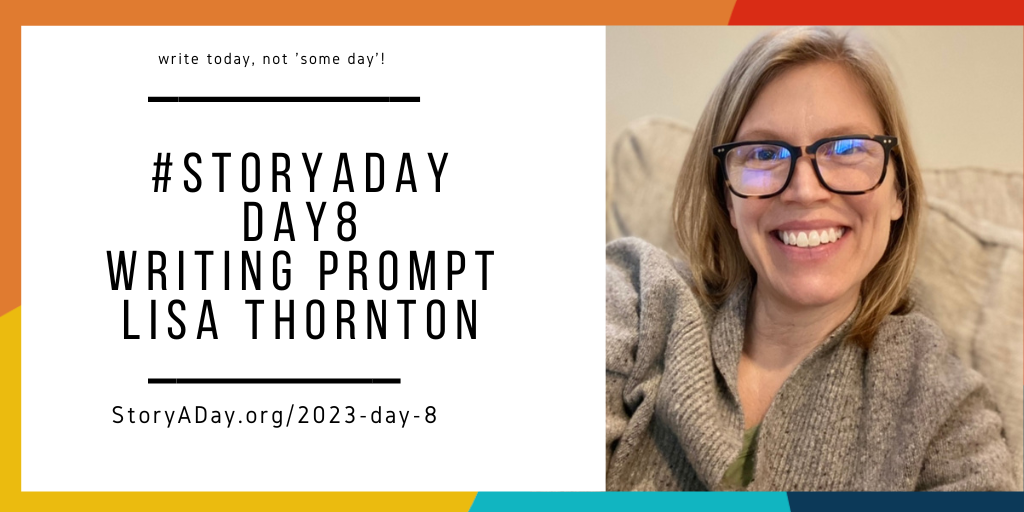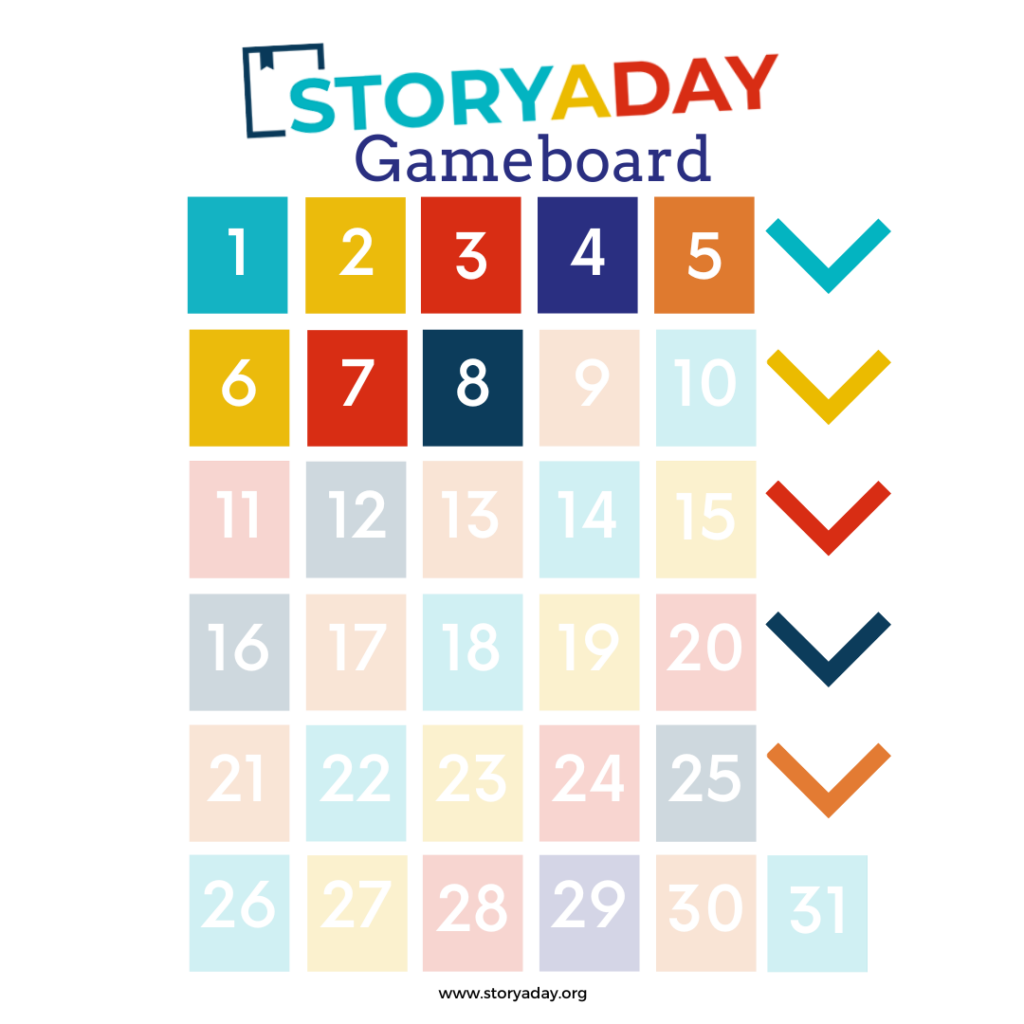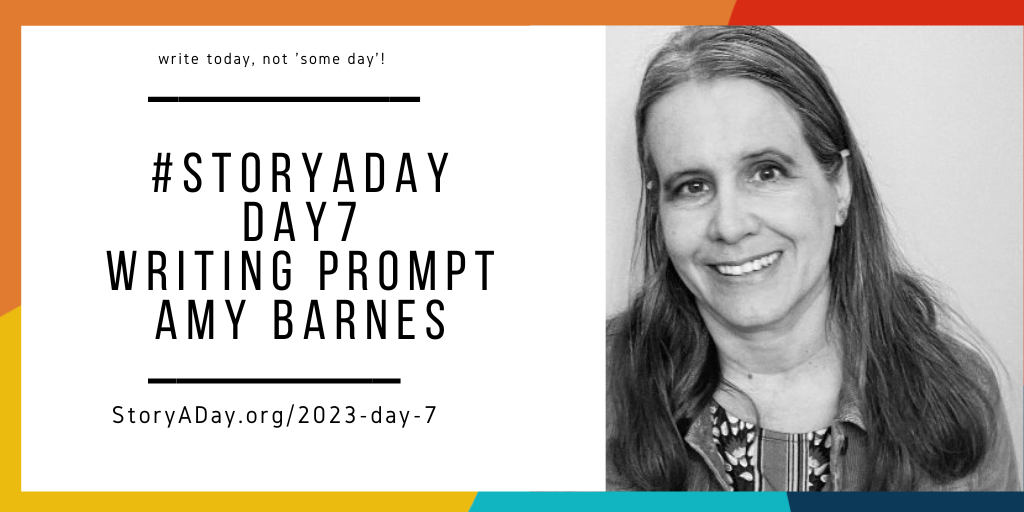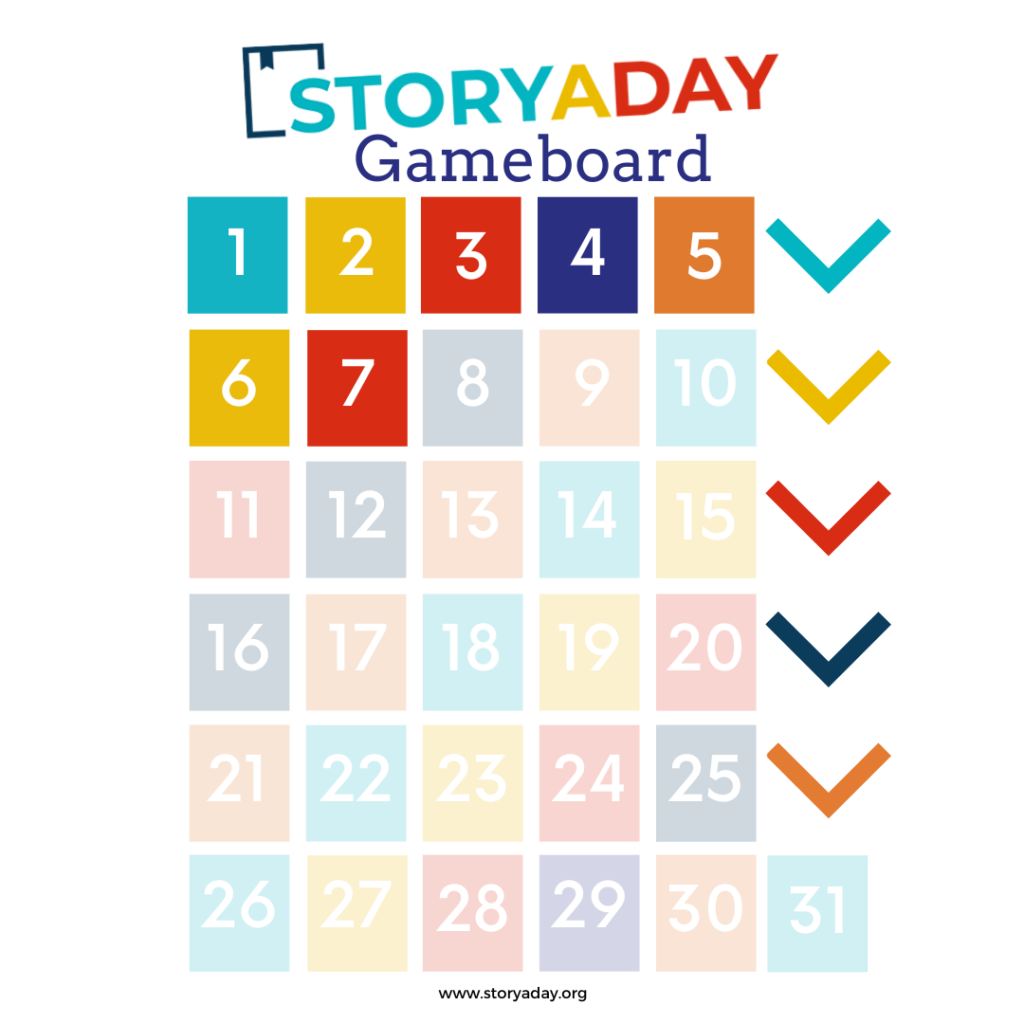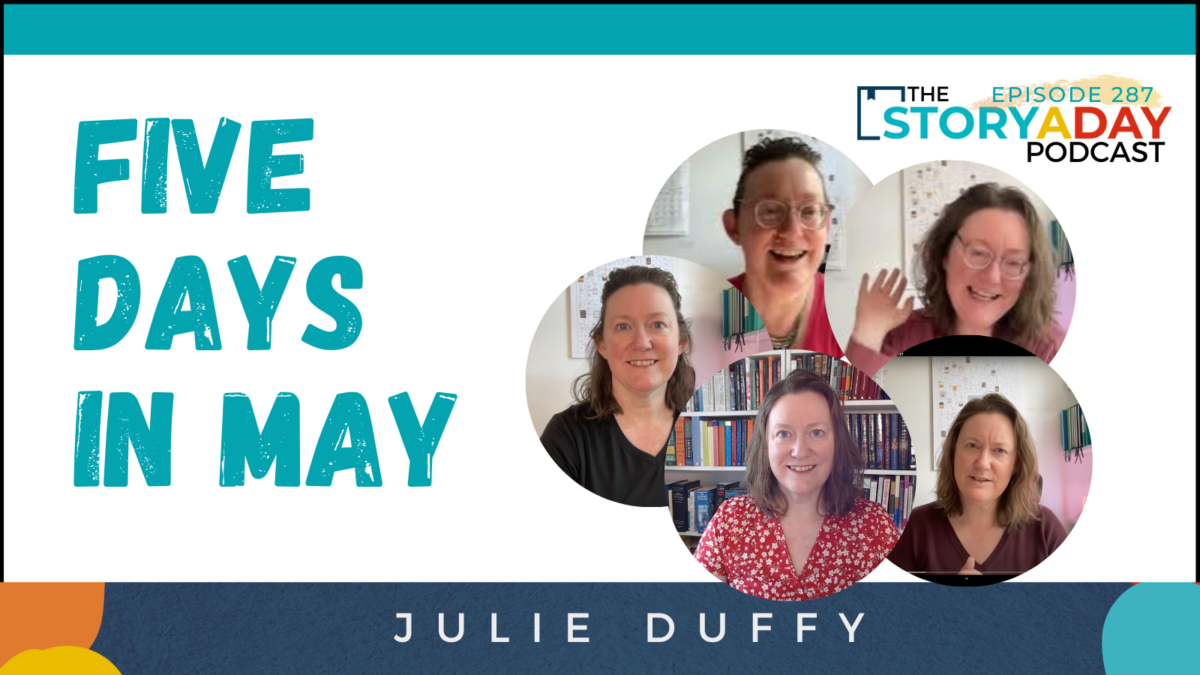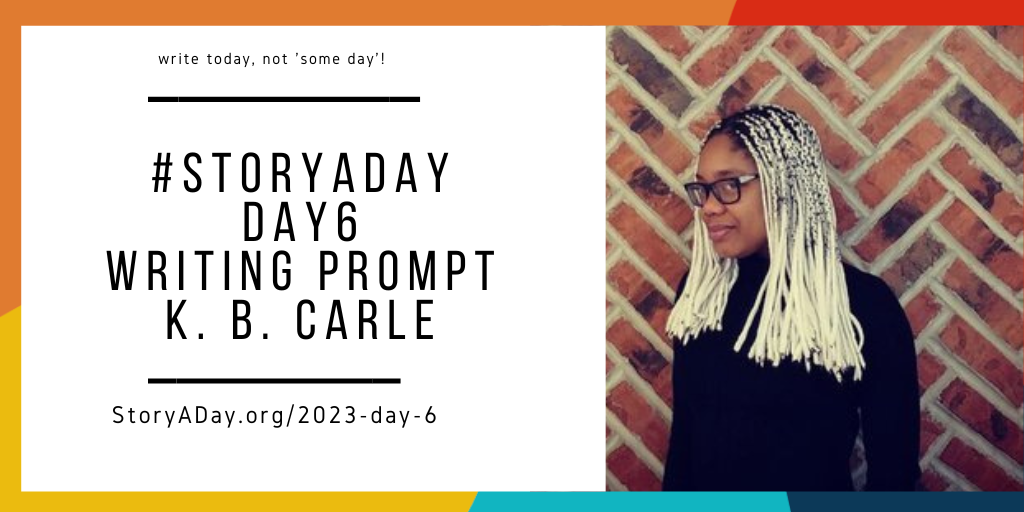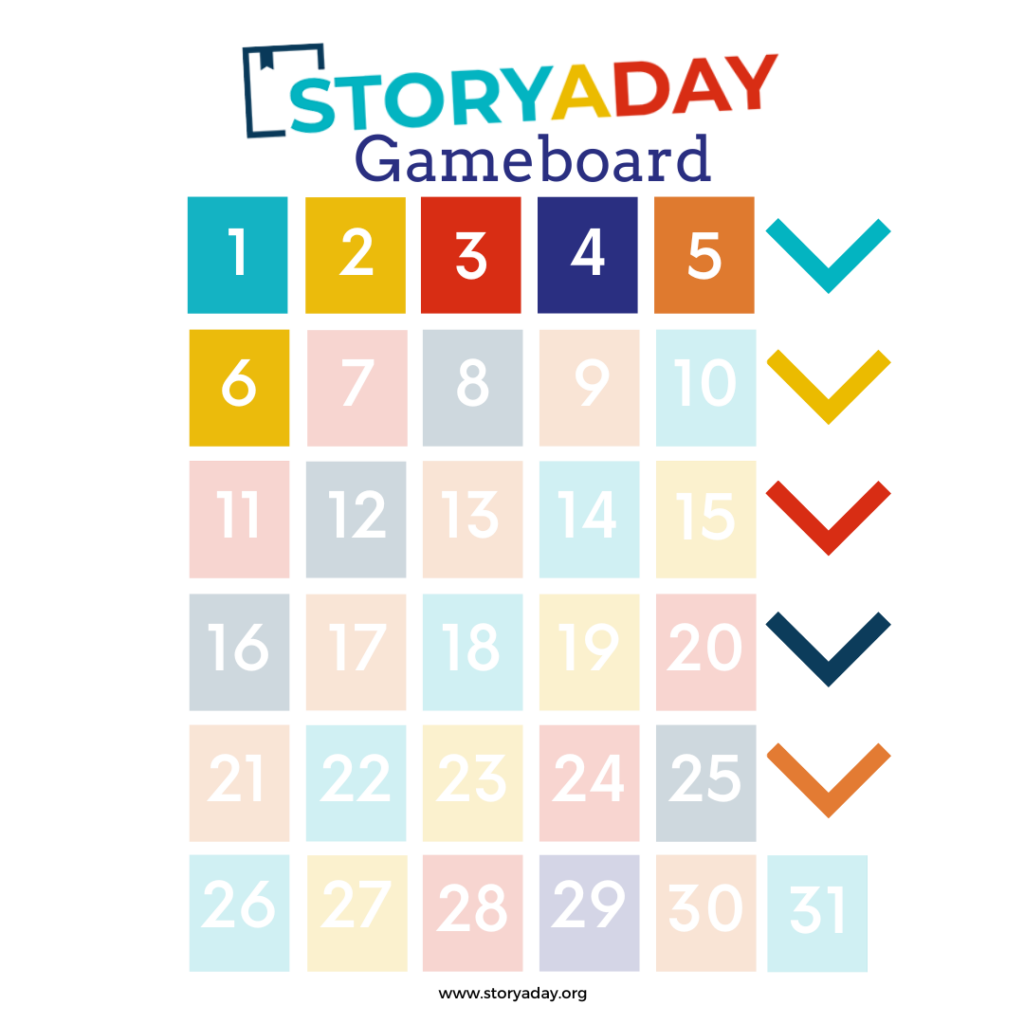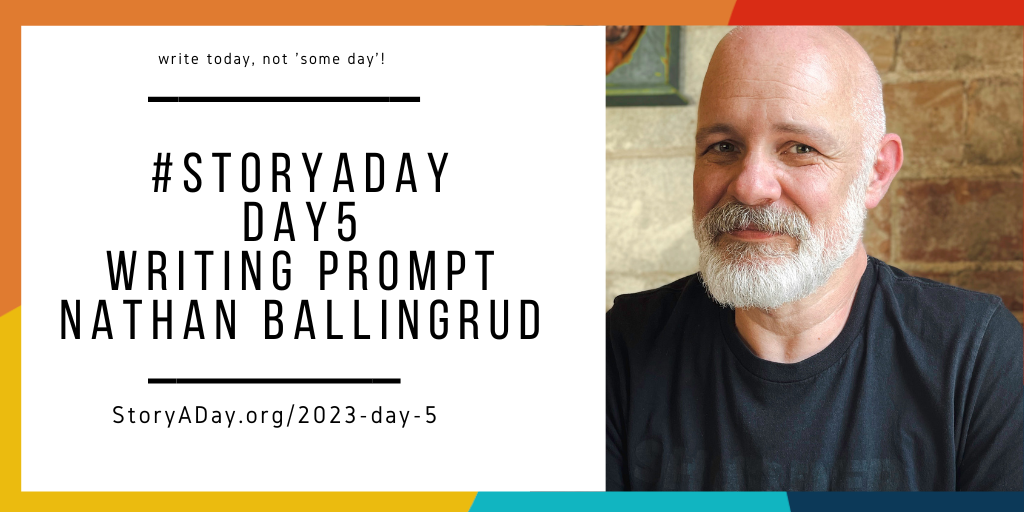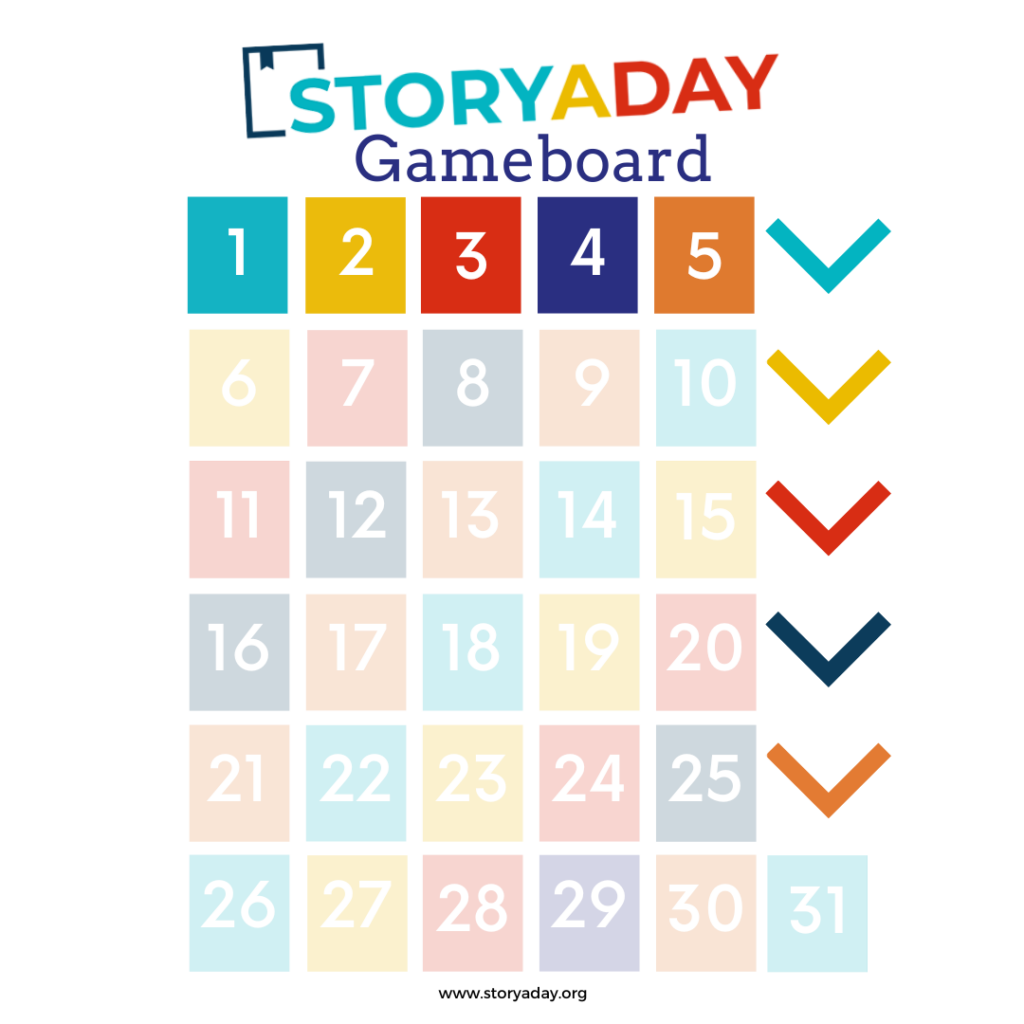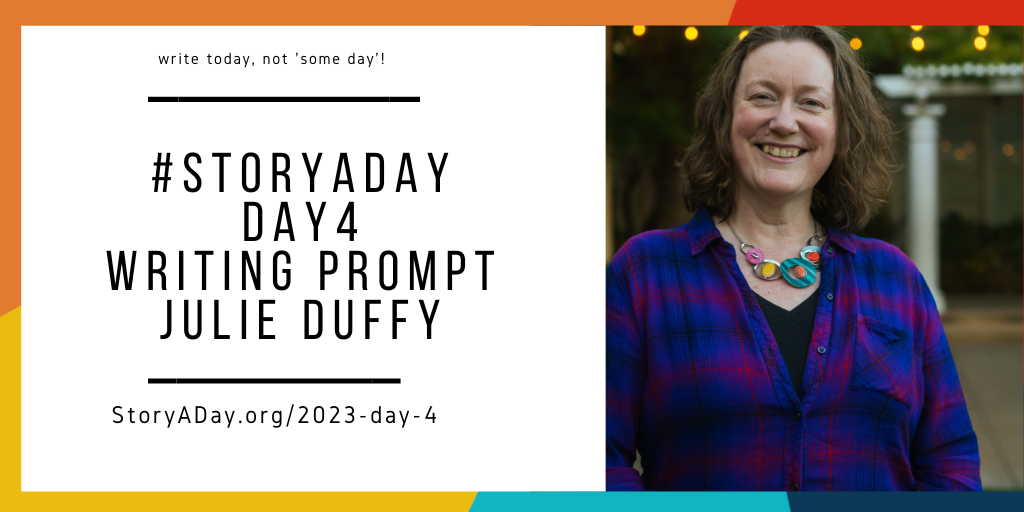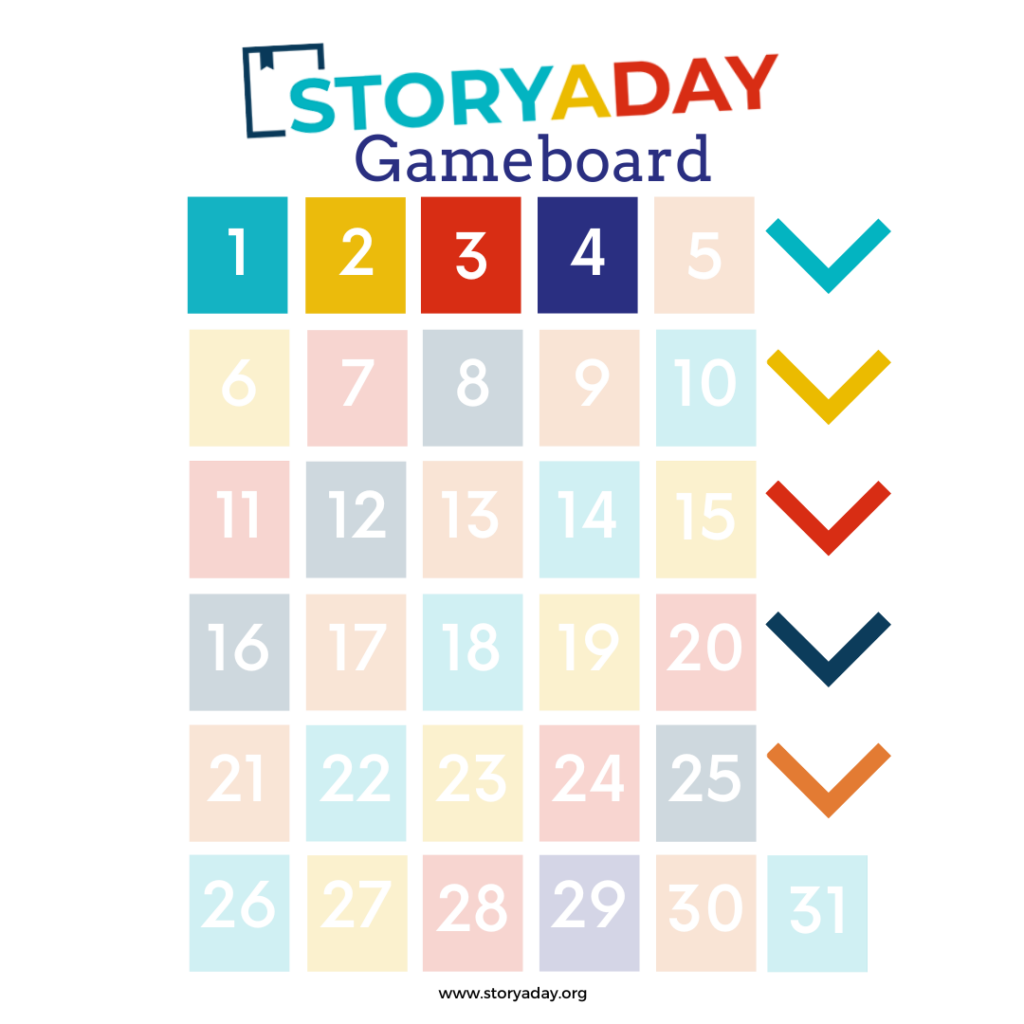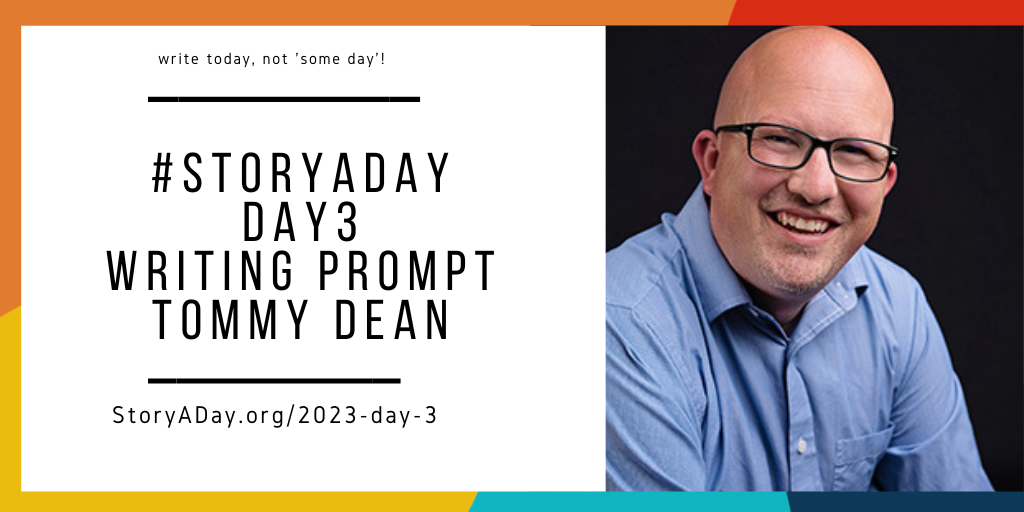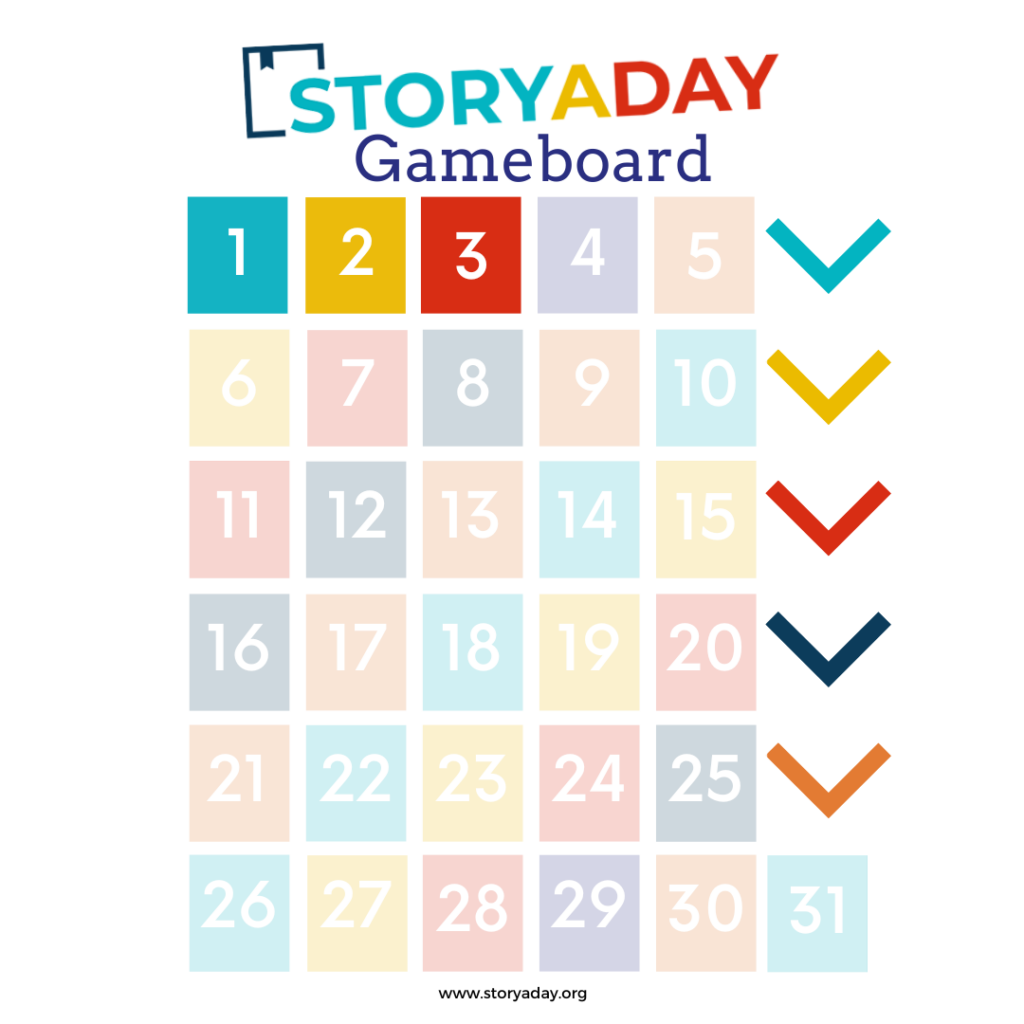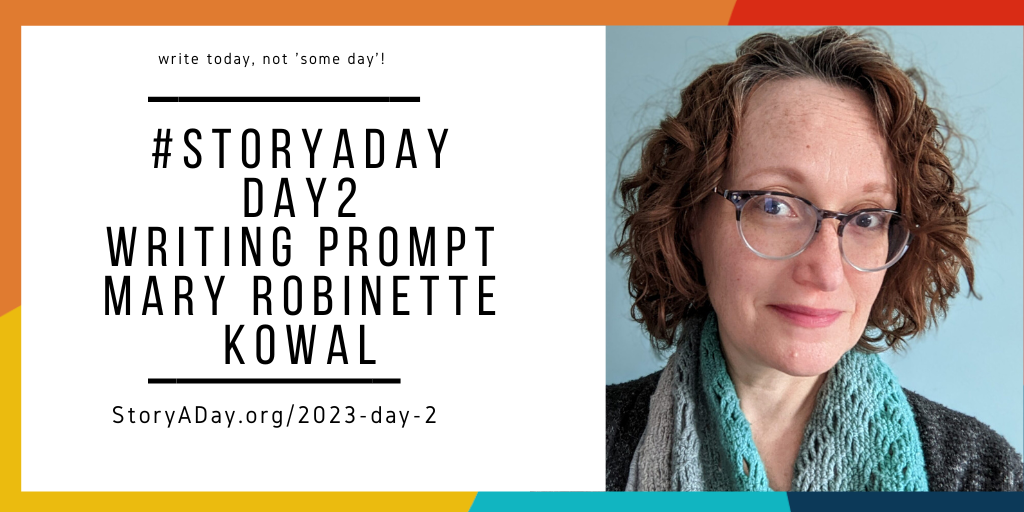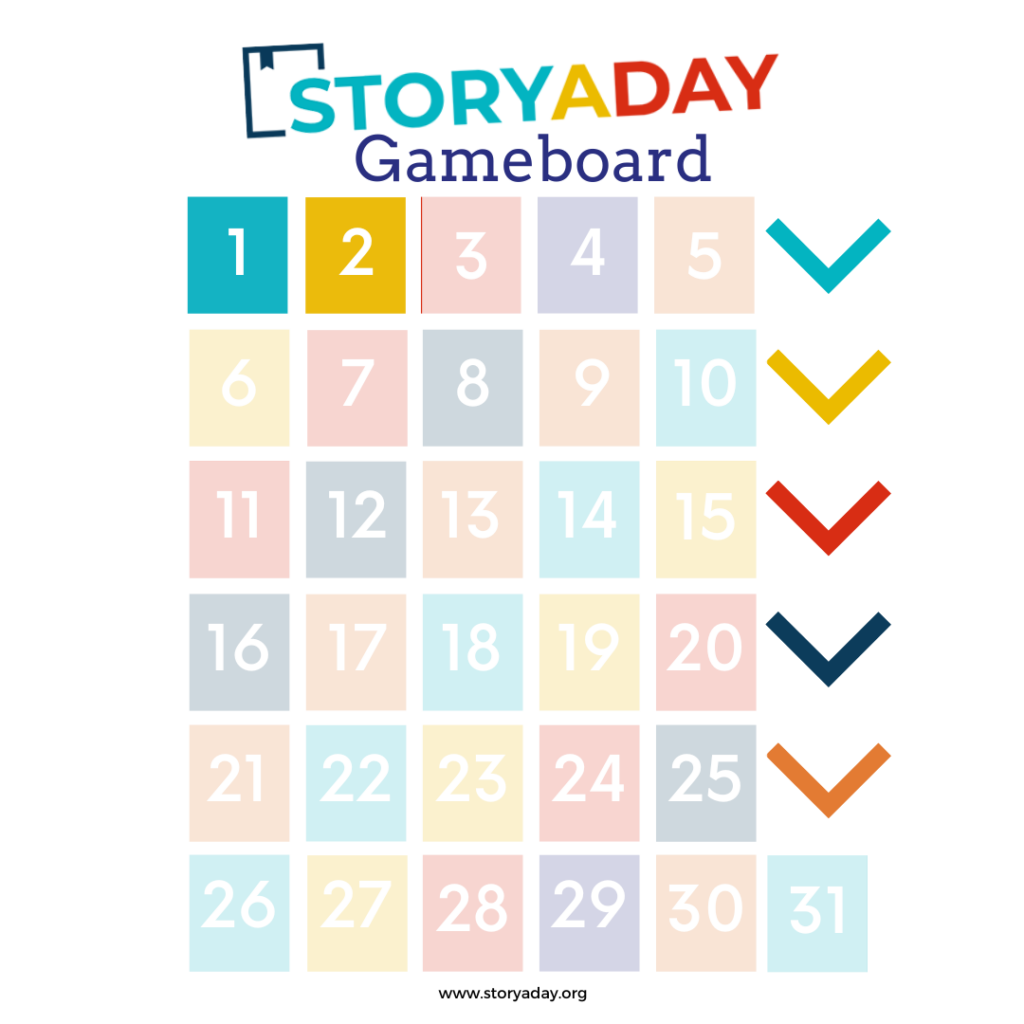Amy Barnes wants you to fill in the gaps
The Prompt
Old Label Scars: Setting and Character Prompts From Closed Stores and Restaurants
Think about your favorite childhood store, attraction or restaurant. Did you sing the Woolco song and chase “blue light specials?” Did you cheer the drums and ice cream at Farrell’s? Can you spot a Whataburger a-frame building even when it’s been turned into a bank? A Toys-R-Us turned into an electronics store with the familiar front intact but painted over? A more recent Payless Shoes that is empty but still has remnants of the sign. A wooden roller coaster standing guard over a city with no visitors.
With many businesses closing due to Covid and entire malls being abandoned across the country, there are often “label scars” where businesses have left, leaving only the shadows of their names behind. As you shop or eat, watch out for those label scars that may trigger memories of shopping or food locations that are newly or long-gone.
Prompt
- Write about your childhood memories of stores and restaurants that are no longer open. Did you visit a Stuckey’s on a family vacation? Eat at a Woolworth’s lunch counter?
- Write about your first job working retail or as a restaurant server in a place that isn’t open anymore. What do you remember about the experience, good and bad? What did your uniform look like?
- Imagine the employees and shoppers at the same places. Invent characters based on those people. Write about their interactions. Does the manager fall in love with an employee? What was the bestselling item when you worked there?
- Make a list of the sensory details you remember from these closed businesses. The smell of Wicks and Sticks. Tastes from food court stores that don’t exist anymore. Colognes in department stores. The sound of those Farrell’s drum beats. The smell of mall bookstores. Sounds of mall piano stores or dogs barking in the pet store. Shoe stores where they x-rayed your feet and fit your shoes.
- If you find a label scar on a storefront, take a picture of it and create your own ekphrastic prompt. Write about the emotions you feel when you see it. What decade does the remaining font shadow feel like it belongs to? Who hung the sign? Who took it down? Was it a family business that failed?
- Do some research. Go online and see when/how the business closed. For example, the history of Chi Chi’s closing is well-documented but you might learn about your own regional favorite shuttered store. Write about how the community felt when the business closed. Did a little girl cry because Chi Chi’s wasn’t there with a sombrero and fried ice cream for her birthday?
For further research, visit online sites that explore dead malls and abandoned stores. Write about those locations by imagining what happened to them.
Amy Barnes
Amy Barnes is the author of three short fiction collections: AMBROTYPES published by word west, “Mother Figures” published by ELJ, Editions and CHILD CRAFT, forthcoming from Belle Point Press in September, 2023. Her words have appeared in a wide range of publications including The Citron Review, JMWW, No Contact Mag, Leon Review, Complete Sentence, Gone Lawn, The Bureau Dispatch, Nurture Lit, X-R-A-Y Lit, McSweeney’s, SmokeLong Quarterly, Southern Living, Allrecipes and many others. She’s been nominated for Best of the Net, the Pushcart Prize, Best Microfiction, long-listed for Wigleaf50 in 2021 and 2022, and included in Best Small Fictions 2022. She’s a Fractured Lit Associate Editor, Gone Lawn co-editor, Ruby Lit assistant editor,and reads for Retreat West, The MacGuffin, Best Small Fiction, The Porch TN and Narratively. You can find her on Twitter at @amygcb.
Mother Figures:
Ambrotypes:
Child Craft: preorders May, 2023:
Join the discussion: what will you do with today’s prompt OR how did it go? Need support? Post here!
